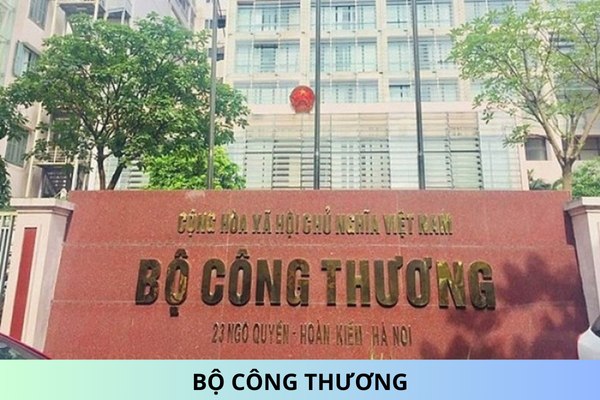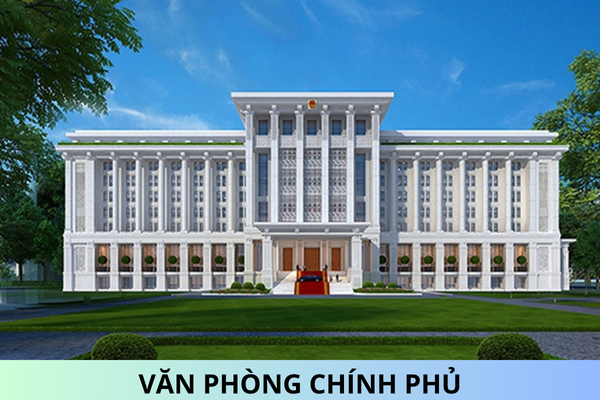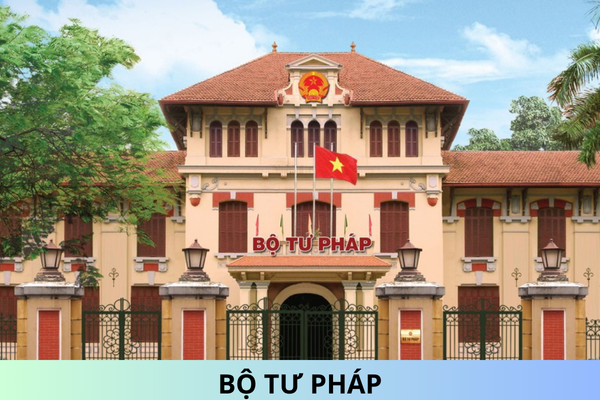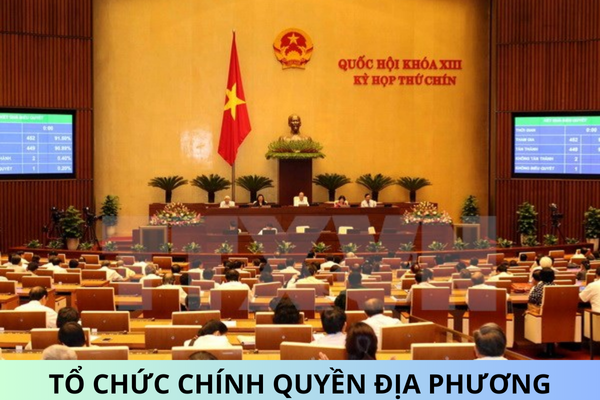When did Ministry of National Defense of Vietnam decide on the establishment of the Command of the Vietnamese Volunteer Army in Laos (Command 959) under the General Command of the Vietnam People's Army?
When did Ministry of National Defense of Vietnam decide on the establishment of the Command of the Vietnamese Volunteer Army in Laos (Command 959) under the General Command of the Vietnam People's Army?
Based on Section 3, Part B of the Bank of Names for Roads, Streets, and Public Works in the Cao Bang province, issued together with Decision 508/QD-UBND in 2023
Comrade Vu Lap (1924 - 1987), real name Nong Van Phach, of Tay ethnicity.
Hometown: Vinh Quang Commune, Cao Bang district-level town.
Rank: Lieutenant General (1984).
SUMMARY OF ACTIVITIES:
Participated in the revolution since 1941, joined the Communist Party of Vietnam in February 1945. In December 1945, he was assigned as the Captain and teacher of Military Politics School; by December 1946, he was the Regiment Commander of the Guards Regiment of the Ministry of National Defense.
In February 1955, comrade Vu Lap was promoted to Chief of Staff of Division 316 - Division Bong Lau; in June 1962, he was appointed as Chief of Staff of the Northwest Military Zone, later sent for study and training at the Military Academy in China. After the course, he returned and was assigned as Deputy Commander cum Chief of Staff of the Northwest Military Zone.
During the years 1970 - 1973, he was entrusted by the Communist Party, the State, and the army with important positions: Commander of the Command of the Vietnamese Volunteer Army 959, helping Laos in its fight for independence, nation-building, and development.
In April 1974, he honorably received the rank of Major General from the Communist Party and the State. In June 1974, he was promoted to Commander of the Northwest Military Zone.
In June 1976, he was a member of the Central Executive Committee of the Communist Party, Deputy Commander of Military Zone 1. In January 1977, he was a member of the Central Executive Committee of the Communist Party, Head of the Central Ethnicity Committee.
From 1978 until his retirement, he was Commander and Political Commissar of Military Zone 2.
In January 1980, he honorably received the rank of Lieutenant General from the Communist Party and the State.
In December 1984, he was promoted to the rank of Lieutenant General. He was presented the Ho Chi Minh Order, two First-class Military Merit Orders, and a First-class Resistance Order by the Communist Party and the State.
Thus, the Ministry of National Defense decided to establish the Command of the Vietnamese Volunteer Army in Laos (Command 959) under the General Command of the Vietnam People's Army in 1970.

When did Ministry of National Defense of Vietnam decide on the establishment of the Command of the Vietnamese Volunteer Army in Laos (Command 959) under the General Command of the Vietnam People's Army? (Image from Internet)
What are rights and obligations of Vietnamese citizens regarding national defense?
Based on Article 5 of the National Defense Law 2018, the rights and obligations of citizens regarding national defense are stipulated as follows:
- Defending the Fatherland is a sacred duty and noble right of a citizen.
- Citizens have the obligation to be loyal to the Fatherland; to perform military service; to participate in Militia and self-defense forces; to build an all-people national defense; and to comply with measures of the State and relevant authorities in performing defense tasks as stipulated by this Law and other relevant legal provisions.
- Citizens shall be informed and educated on the Communist Party's lines, views, and the State's policies and laws regarding national defense; national defense and security education; and be equipped with knowledge and skills in civil defense as prescribed by law.
- Citizens serving in the people's armed forces or mobilized to perform defense tasks will be entitled to privileges and policies according to the law.
- Citizens are equal in the performance of defense tasks.
What are the basic contents of building an all-people national defense in Vietnam?
Based on Article 7 of the National Defense Law 2018:
Article 7. All-people national defense
- The all-people national defense is the defense strength of the nation, built on political, spiritual, human, material, and financial foundations, characterized by being all-people, comprehensive, independent, self-reliant, and resilient.
- The basic contents of building an all-people national defense include:
a) Building the strategy to defend the Fatherland, national defense plans; researching and developing the art of Vietnamese military strategy; building the great national unity bloc and a strong political system;
b) Building the defense potential, defense capabilities; building a strong people's armed forces with high combat ability as the core to defend the Fatherland;
c) Building material and technical bases; developing the defense industry, national security, military science, and technology; mobilizing the scientific and technological potentials of the State and People to serve national defense; applying suitable military science and technologies to build the nation;
[...]
Thus, the basic contents of building an all-people national defense include:
- Building the strategy to defend the Fatherland, national defense plans; researching and developing the art of Vietnamese military strategy; building the great national unity bloc and a strong political system
- Building the defense potential, defense capabilities; building strong people's armed forces with high combat ability as the core to defend the Fatherland
- Building material and technical bases; developing the defense industry, national security, military science, and technology; mobilizing the scientific and technological potentials of the State and People to serve national defense; applying suitable military science and technologies to build the nation
- Building and organizing the execution of plans ensuring the national reserve requirements for defense; preparing necessary conditions to ensure defense mobilization
- Building comprehensive and solid regional defense, connected with national defense; consolidating and strengthening defense and security potential in strategic, key areas, seas, islands, border regions, critical locations; building a national defense posture associated with a people's security posture across the nation
- Building and organizing the execution of plans and measures for information warfare and cyber warfare
- Building and organizing the execution of measures for civil defense nationwide
- Defense diplomacy
- Combining national defense with socio-economic development and vice versa; combining national defense with security and diplomacy
- Building and guaranteeing the policies for the people's armed forces and their family members
- Promoting and disseminating the Communist Party's policies, and the State's laws regarding national defense; implementing national defense and security education.










